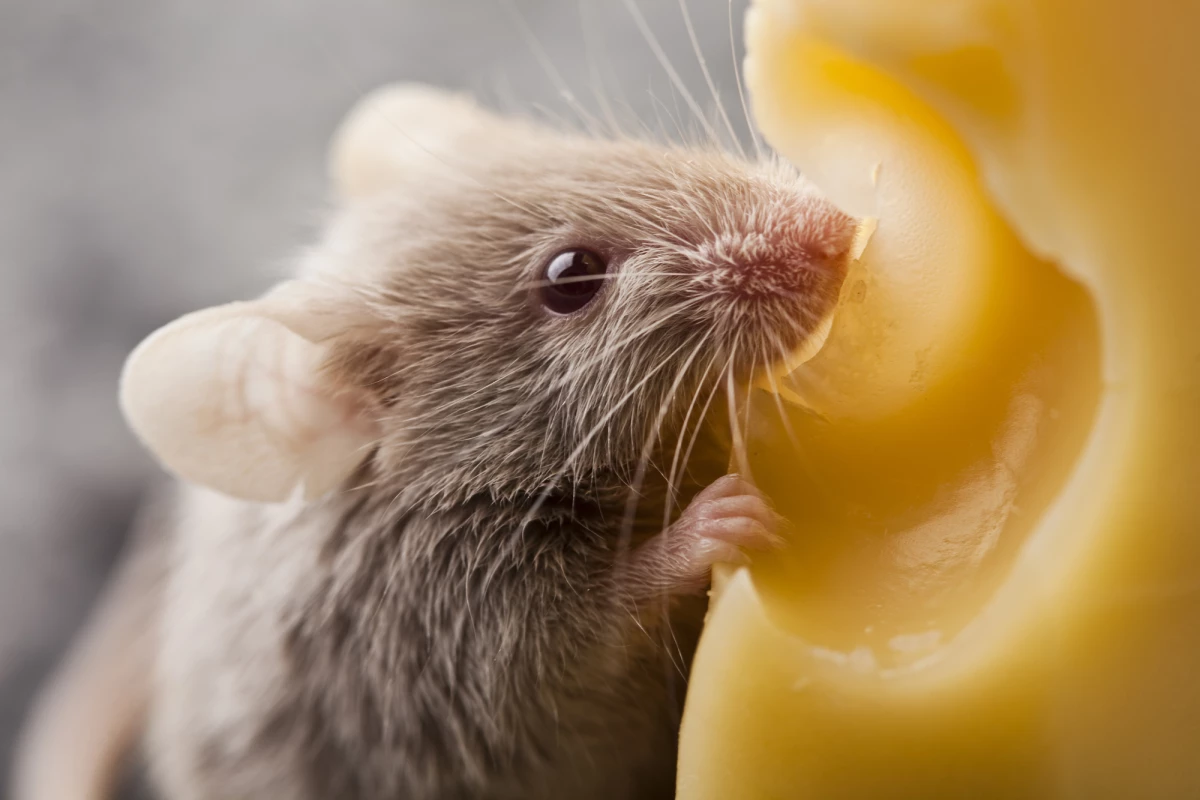It’s inevitable that our health declines as we age, but maybe we can slow down that process. A new study led by Bar-Ilan University has found that boosting a certain gene in mice can increase their lifespan and keep them in better health for longer by mimicking the effects of caloric restriction diets.
The Sirtuin (or SIRT) family of proteins is implicated in a range of biological processes involving aging, inflammation and metabolism. Past studies have found evidence that SIRT3 reduces oxidative stress in the blood of older mice, while fruit flies with extra SIRT4 were found to live healthier for up to 20 percent longer.
In the new study, the researchers focused on a related protein, SIRT6. The team engineered mice to express higher levels of SIRT6, and found that their lifespans were extended compared to control mice. Male mice saw a median lifespan increase of 27 percent and an 11 percent increase in maximum lifespan, while female mice saw extensions of 15 percent in both regards.
Another group of mice were engineered to express more SIRT1 and SIRT6 proteins together, with similar results. These animals had an increase of 25 percent median and 13 percent maximum lifespan for males, and 20 percent median and 15 percent maximum for females. Boosting SIRT1 alone had no impact on lifespan, indicating that SIRT6 is doing most of the heavy lifting.
SIRT6 also seemed to protect the mice from cancer. Engineered mice had far fewer tumors throughout most of their lives but, intriguingly, by the time they died they had similar amounts as control mice. That suggests that the protein keeps mice in better health for longer, but ultimately aging always wins.
The team investigated how SIRT6 works, and found that it seems to mimic the effects of caloric restriction diets, which have been linked to extended lifespan. During times of fasting, the protein seems to help the body access energy reserves stored in fat – but lower levels of SIRT6 in older age reduce this. Boosting SIRT6 throughout life seems to help the mice maintain greater physical ability in old age, staving off the frailty that often slows them (and us) down.
As promising as the results are, there’s no guarantee that similar benefits would carry across to humans, But, of course, the researchers plan to investigate.
"This discovery, combined with our previous findings, shows that SIRT6 controls the rate of healthy aging," says Professor Haim Cohen, lead author of the study. "If we can determine how to activate it in humans, we will be able to prolong life, and this could have enormous health and economic implications.”
The research was published in the journal Nature Communications.
Source: Bar-Ilan University via Eurekalert




